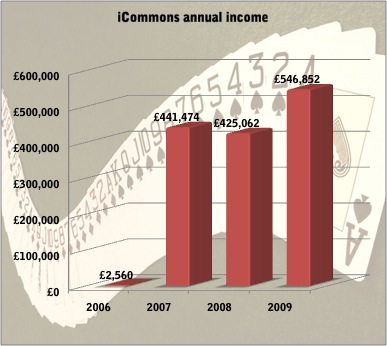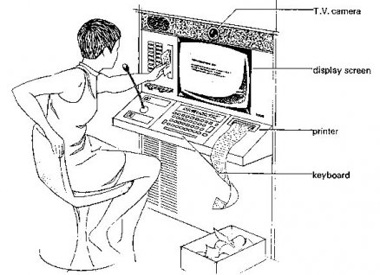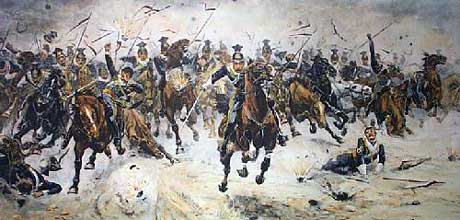 What does an ethics professor do when a self-confessed felon bankrolls his favourite causes? Give the money back? Turn it into a case study for his students? We may soon find out.
What does an ethics professor do when a self-confessed felon bankrolls his favourite causes? Give the money back? Turn it into a case study for his students? We may soon find out.
The professor is the director of Edmond J Safra Foundation Center for Ethics at Harvard, and he’s no ordinary professor. It’s Lawrence Lessig, the copyright activist turned crusader for political transparency, and scourge of corporate lobbying. So the extent to which gambling interests have supported two of Lessig’s favourite causes may be one of the strangest stories you have never read.
In Fall 2006 the United States passed the Unlawful Internet Gambling Enforcement Act, which made it illegal to take bets from the USA. It effectively put the world’s largest gaming market out of reach for online gambling companies. As well as traditional casino operations, the legislation affected the the burgeoning internet poker industry – the fastest-growing sector of internet commerce.
The gaming industry, worth $12bn a year, pushed back hard, and lobby money started to appear in the oddest places. One destination was iCommons, the for-profit offshoot of Lessig’s Creative Commons registered in London, which describes itself as “a project-based incubator organization”.
Shortly after the gaming legislation was passed, iCommons received three large donations. Two were from newly-formed and secretive offshore trusts, the while the third was from the founder of PartyGaming, Russ DeLeon.




